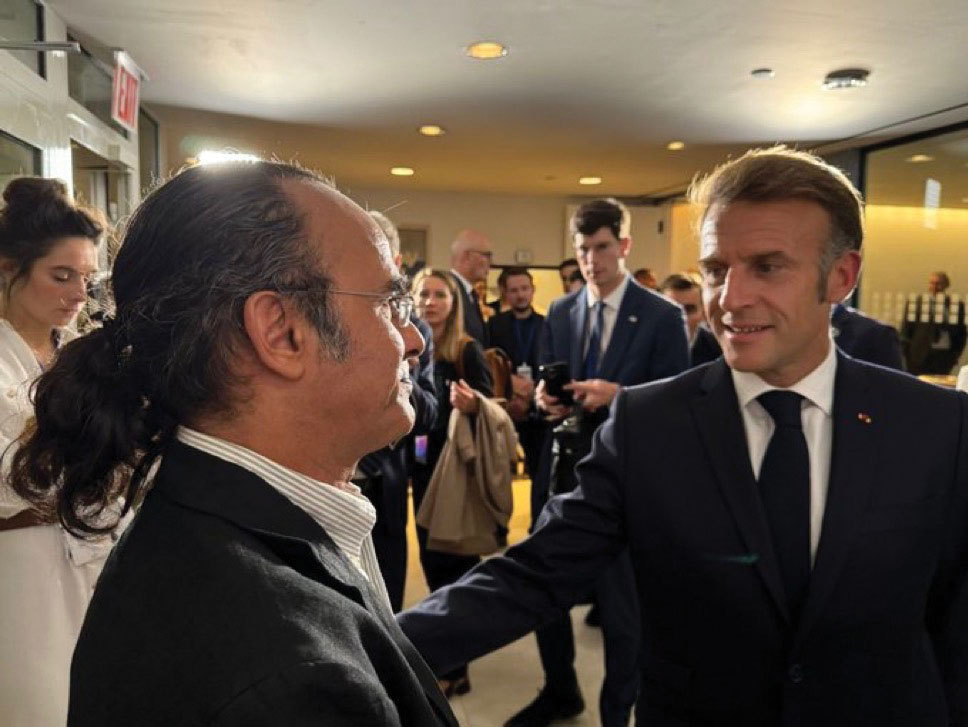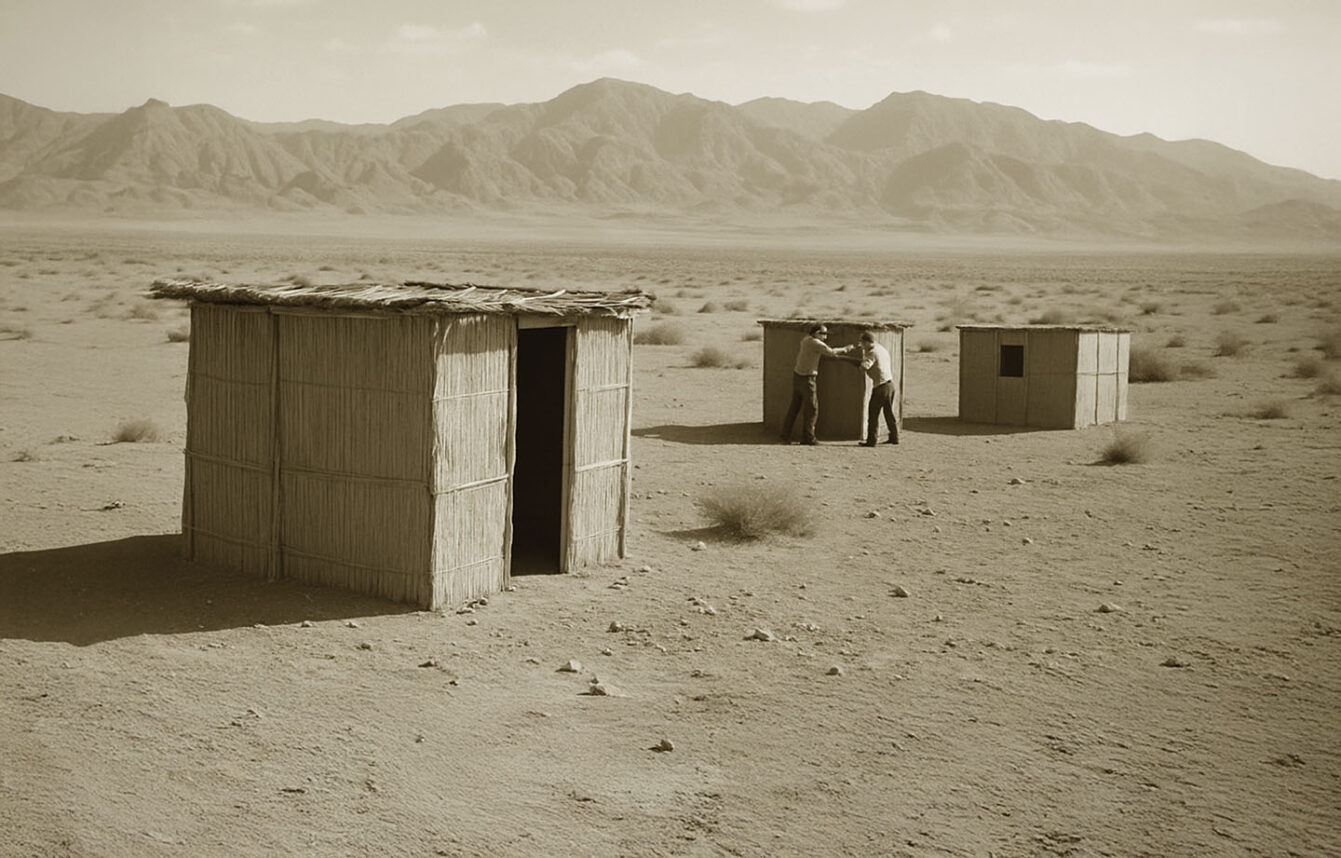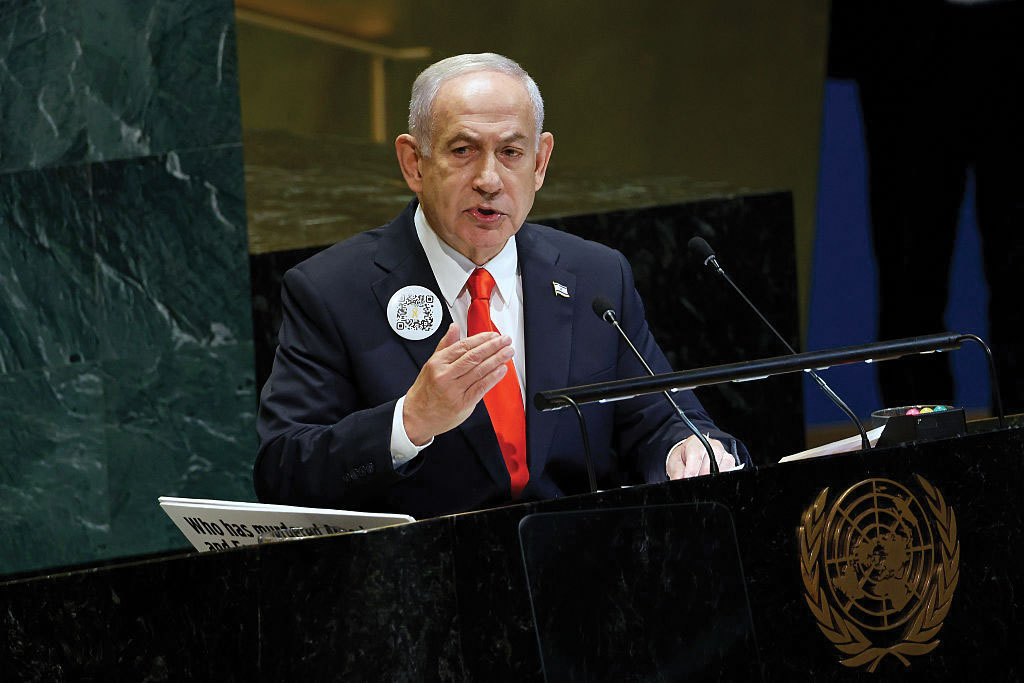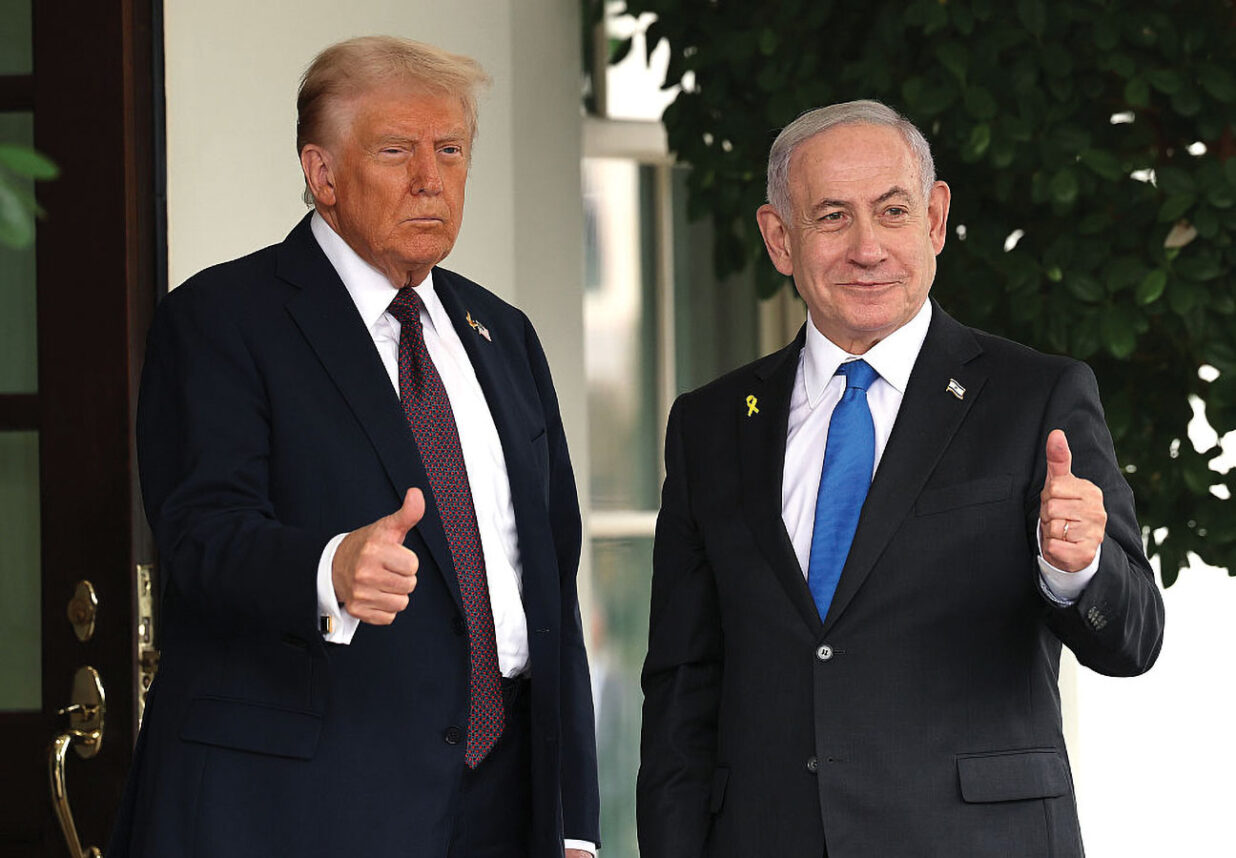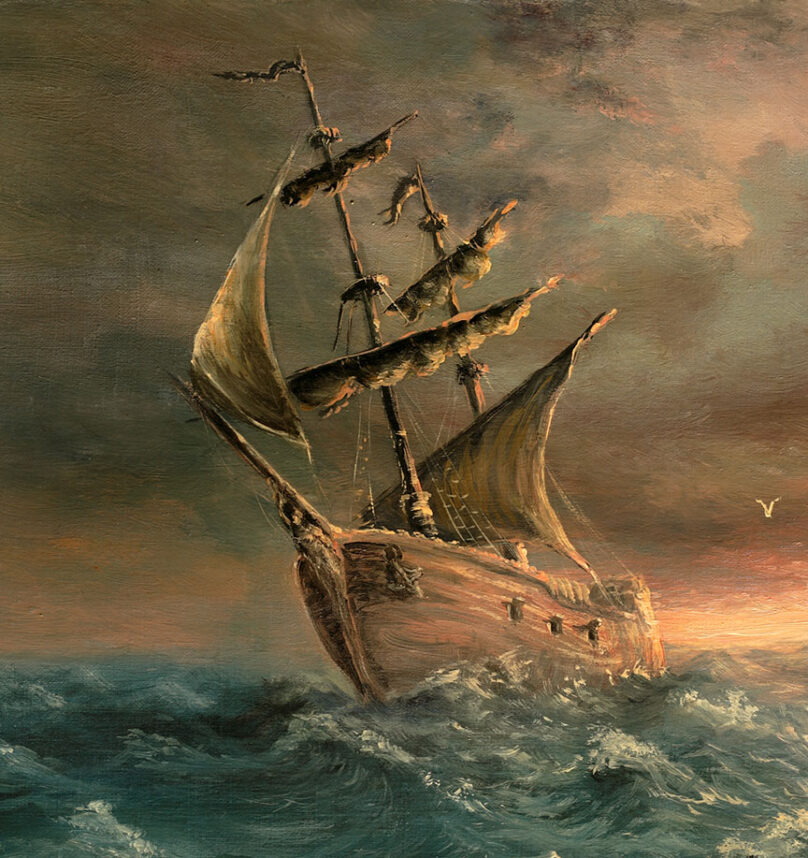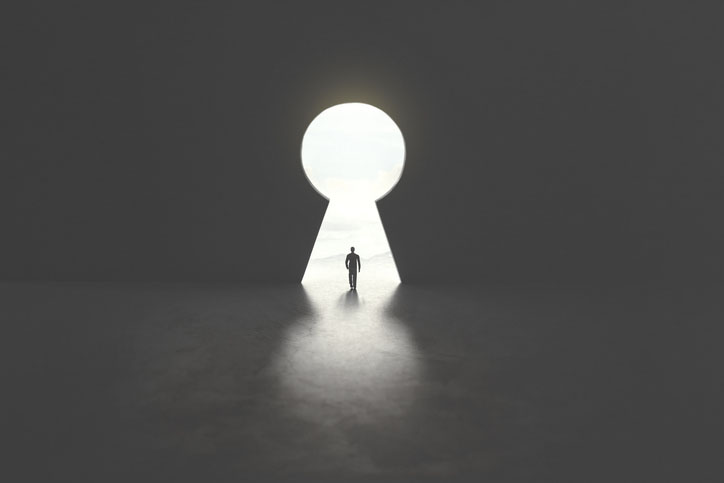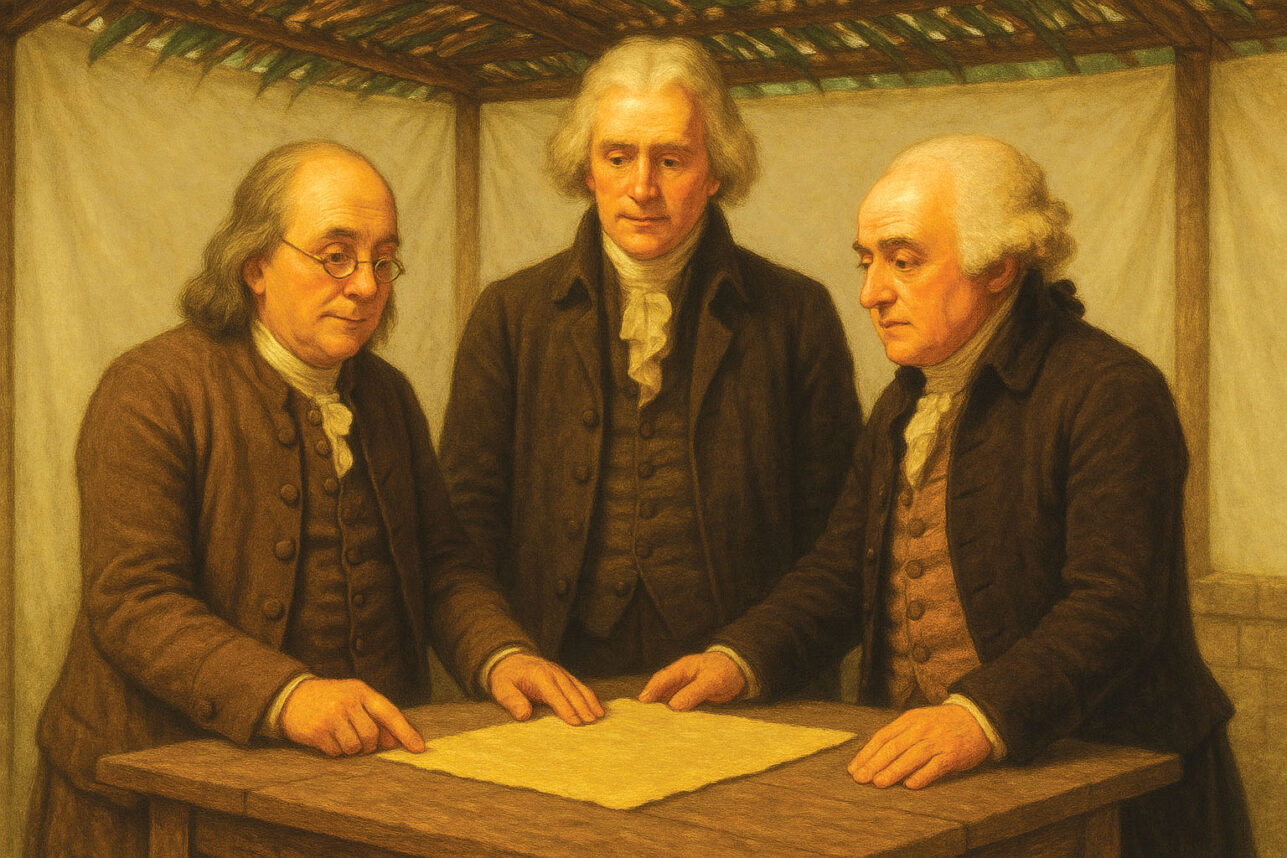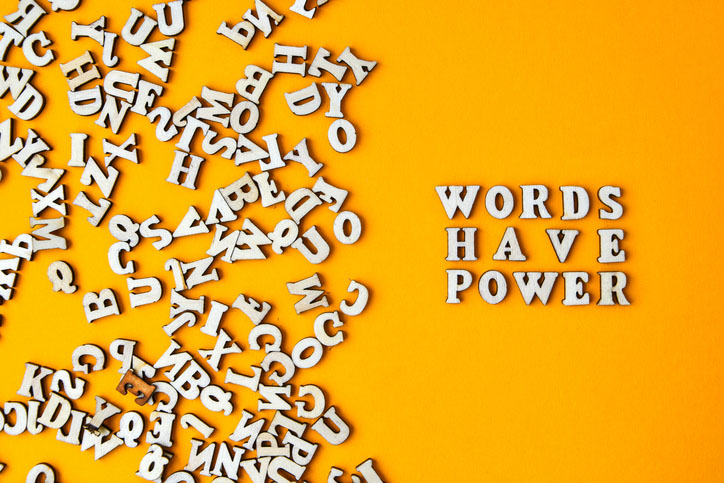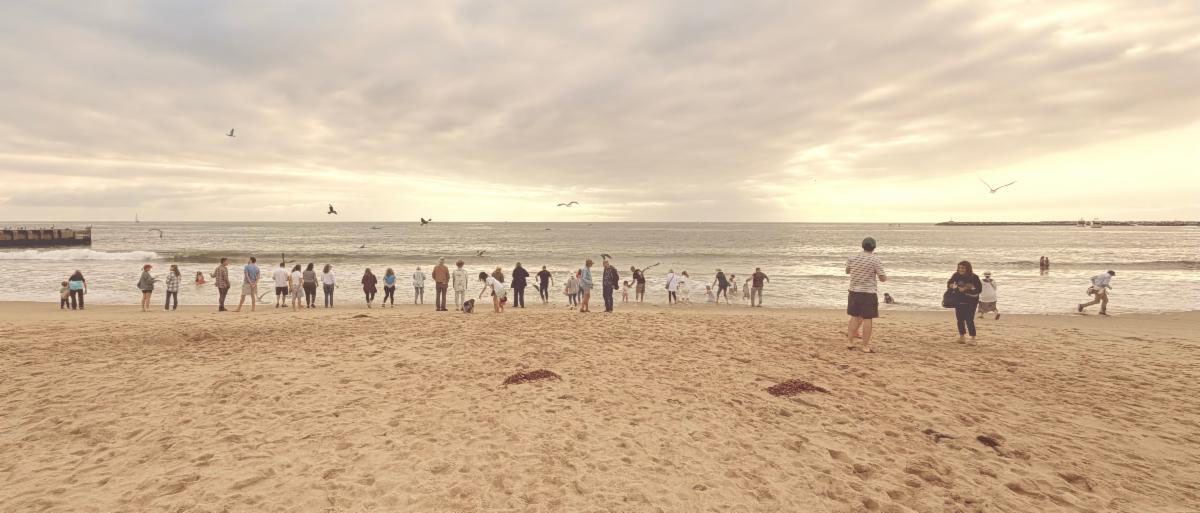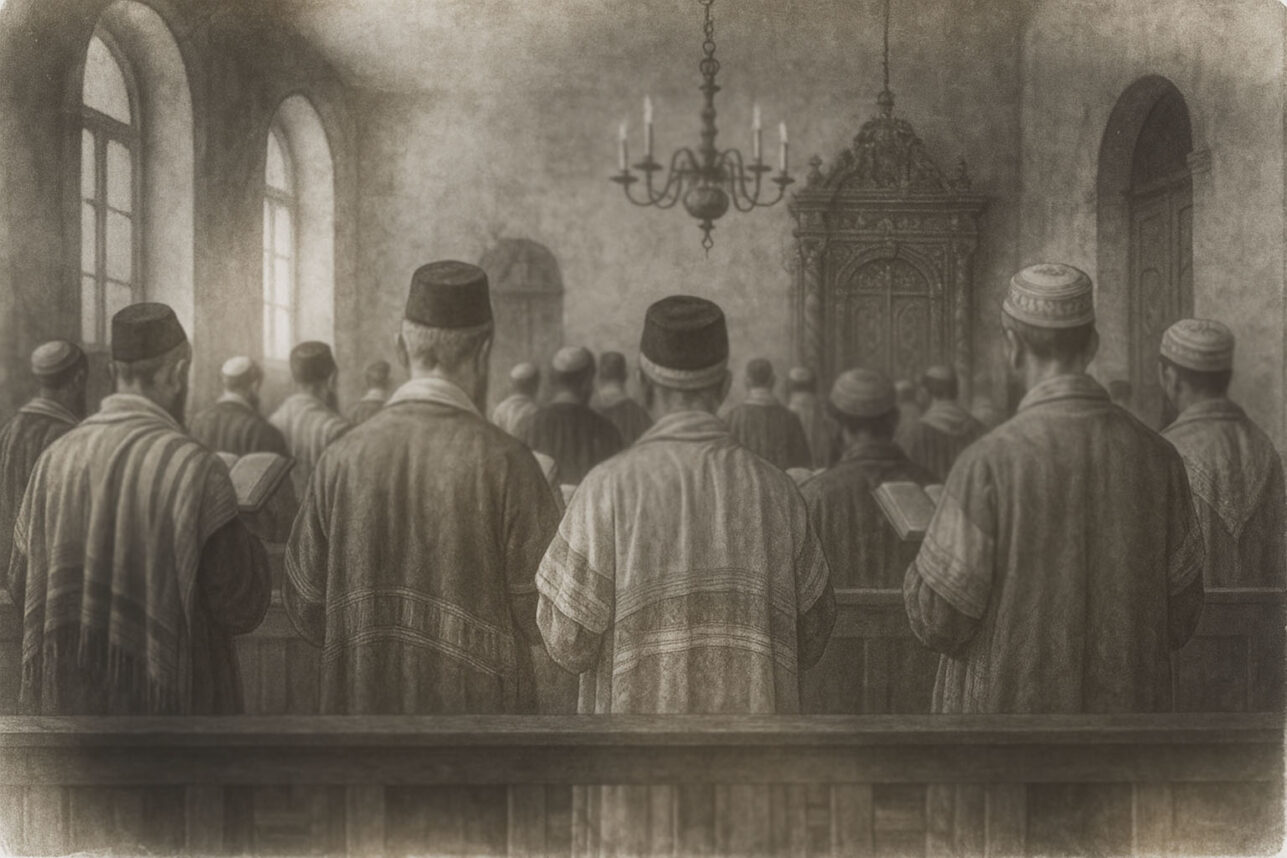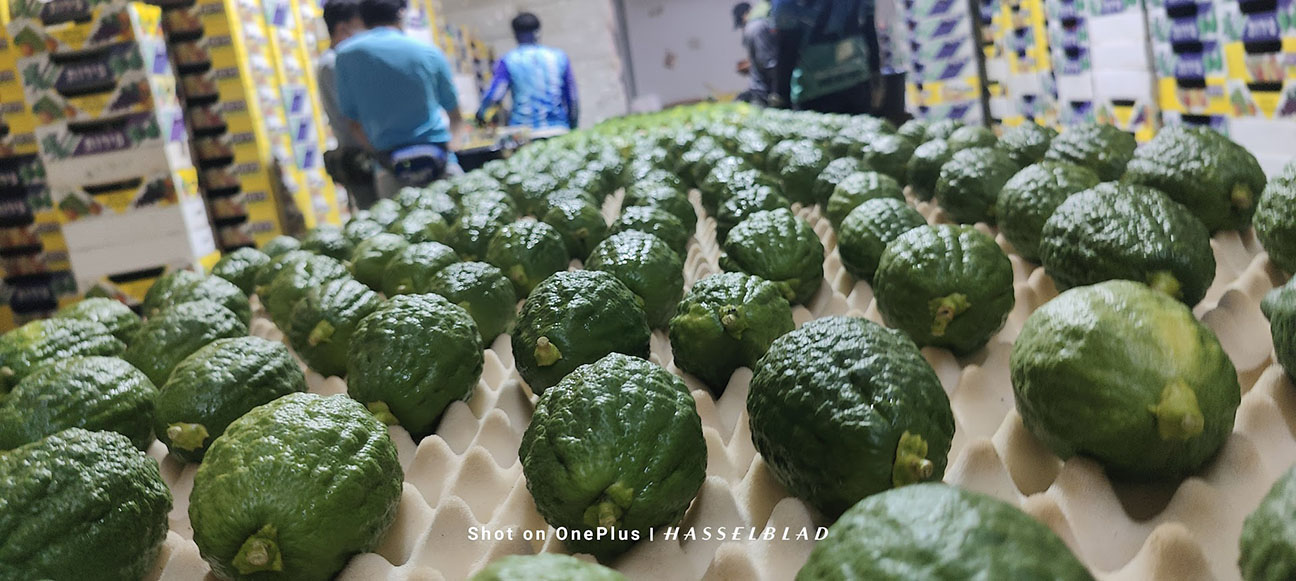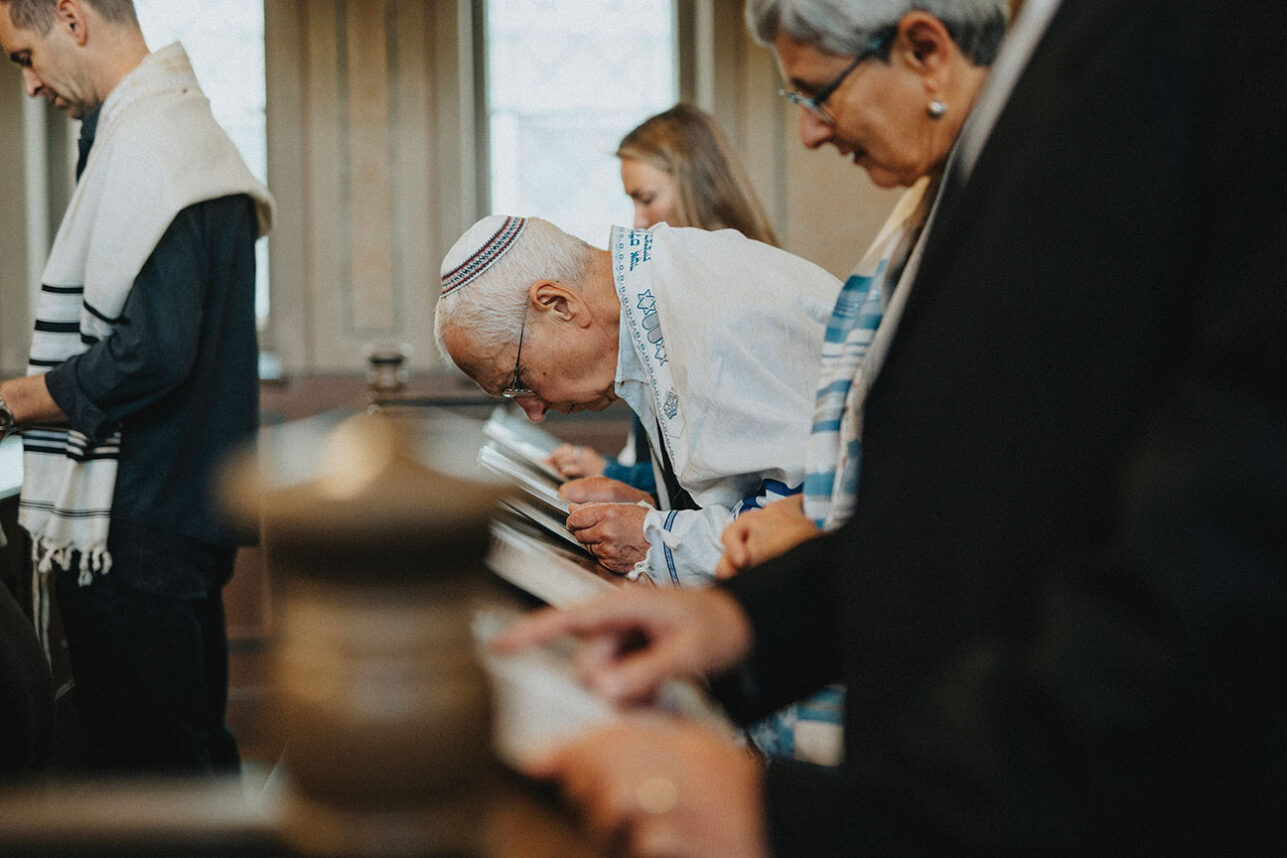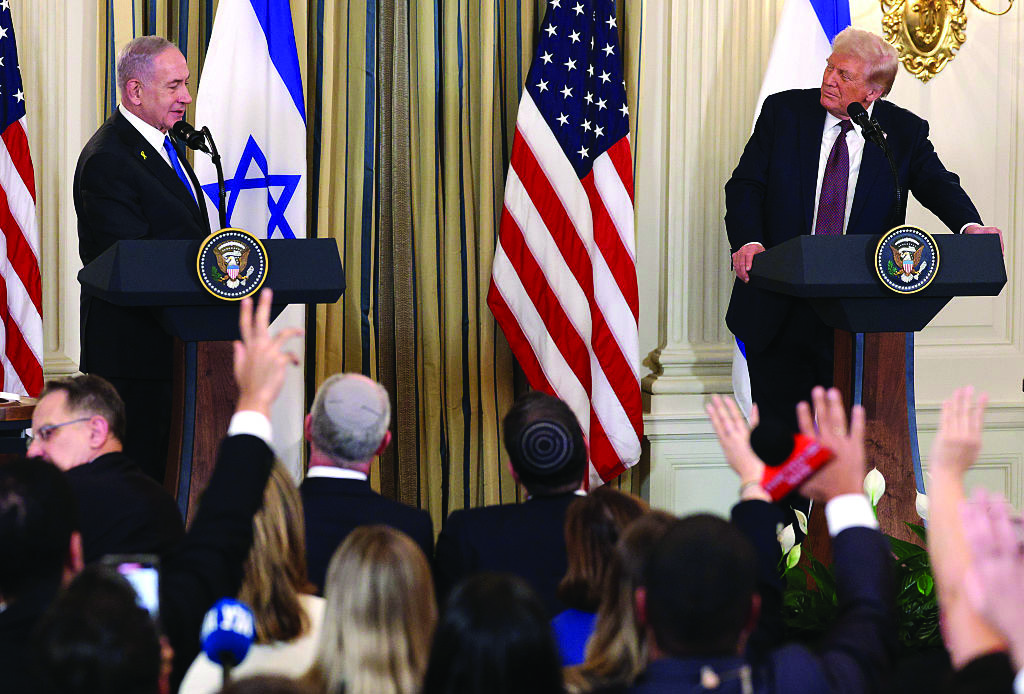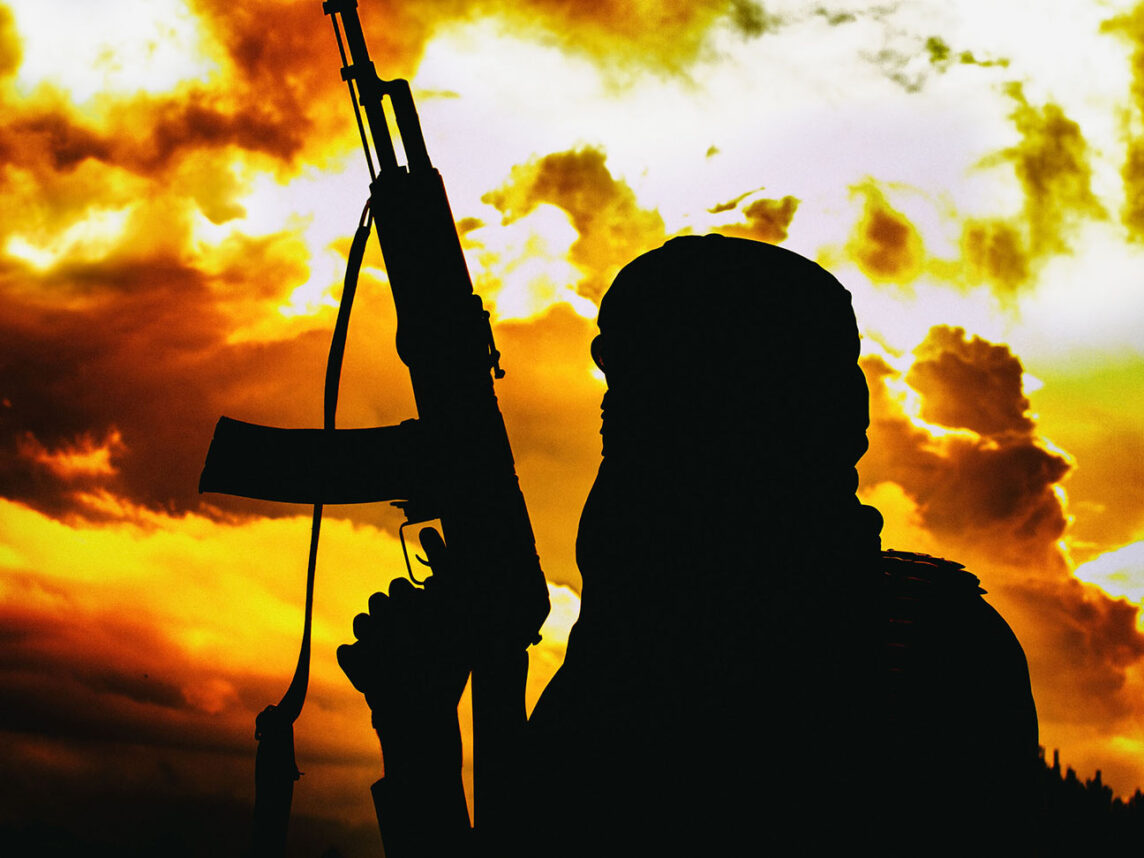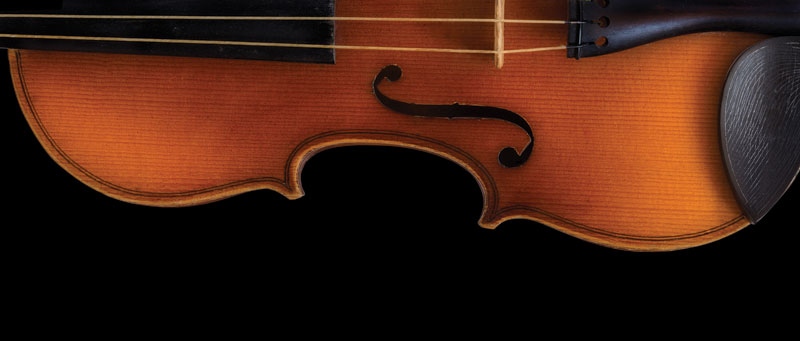Last week’s portion ends with a ferocious battle; this week’s begins with the after action report and the distributing of medals. We learn the names of those killed
and those rewarded and then all the troops are mustered and counted, to see who remains alive from the fighting.
The counting tells us something else, as well. We are told that aside from Caleb and Joshua, no man remains alive of the generation of the desert, the generation that had rebelled against God and Moses some 40 years earlier.
The generation that knew Egyptian slavery, that had experienced redemption, that stood and witnessed at Mount Sinai, but who cavorted with Molten Calf anyway, was now dead. The generation that had been brought to the very borders of Canaan but refused to enter died in the wilderness.
Only one more of that generation was set to die: Moshe himself, and Moshe knew it. In Numbers 27:12, God tells Moshe that he is to ascend to the top of Mount Abarim and see the land that he will not enter, and that when he sees the land from that place, he will be gathered to his ancestors. We don’t know for sure what Moshe thought as he contemplated gazing at the land and then dying.
We don’t know what he thought about those ancestors to whom he would be gathered.
It is almost certain that as he prepared for his death, he gazed at the array of Israelites camped around him. Shaping their spirits around the call of Torah so that they would begin the transmission of that shaping of lives and spirits to subsequent generations — eventually down to us and the generations that follow us — had been his life’s work.
If his life’s work was to have any meaning, it had to be passed down to another. The Torah does not tell us what Moshe thought, but we are told what he said. As he thought about his death, Moshe asks God to appoint his successor.
God tells Moshe to take Joshua, “a man in whom there is spirit,” to ordain him with his own hand in the presence of the entire assembly. And then God utters a strange phrase: “And you shall take from your hod and place it upon him, so that the witnessing community of Israel shall hear and hearken” (Numbers 27:20).
This is the only occurrence of the word hod, normally translated as “majesty” or “splendor” in the entire Torah. Commentators on the Torah give us a range of thoughts on this word. One very terse but telling comment is given by the Ba’al Ha-Turim (Jacob ben Asher, 1270-1343, author of the Arba’a Turim – one of greatest legal minds after the Talmud).
The Ba’al HaTurim writes, “Me-hod’kha – b’gematria — ha-sod. Lomar lakh she-masar lo sod ha-merkavah u-ma’aseh breisheet.”
Free, explanatory translation: From your “Hod” (the term “your hod” in the gematria where each Hebrew letter has a numerical value — M.F.) adds up to 75, as does the Hebrew term “ha-sod.” Ha-sod means “the secret” — this means that Moshe taught to Joshua the secrets of Jewish mysticism — the mysteries of the realm of the Divine Throne and the mysteries of the Creation of the World.”
n this short space, we won’t go into the mysteries of the Divine Throne or Creation, but we say this: Those who do study that material feel that they have entered into the realm of ultimate reality. They find there the ultimate root and reason, ground and cause of all that happens — the truths that are the foundations of the world of righteousness.
Those wno descend into this world come to know how these truths are manifested in this world, and they even come understand the wars that have to be fought in this world for the realm of truth to hold firm.
Perhaps the Ba’al Ha-Turim was saying that as Moshe contemplated his own death, he asked himself: What can I say to my successor? Every true leader who leads not for the sake of power but rather for the sake of a vision knows of the world of truth in which that vision is rooted. Moshe had to pass on to Joshua not just the Torah itself, and not just the mantle of leadership, but some deep knowledge of what truly was at stake — the sense of Divine urgency for lives shaped around the truth of Torah.
And Moshe’s deepest prayer is that we should all blessed with a measure of Divine spirit — knowledge of the holy, and the will to bring that holiness into all parts of our lives. Torah is passed down through the generations not for sake of heritage – that would be a shallow tautology “we pass it down so that it may be passed down.” We pass it down because Torah links us to the Divine mysteries — of the self, the soul and the truths by which we ought to shape our lives.









